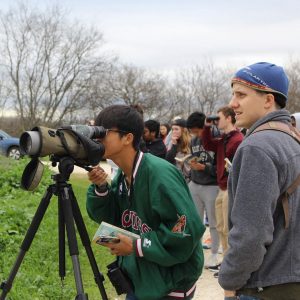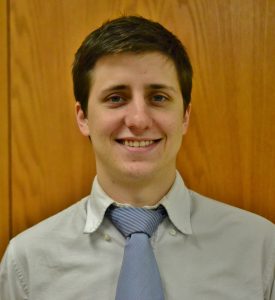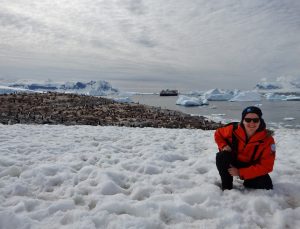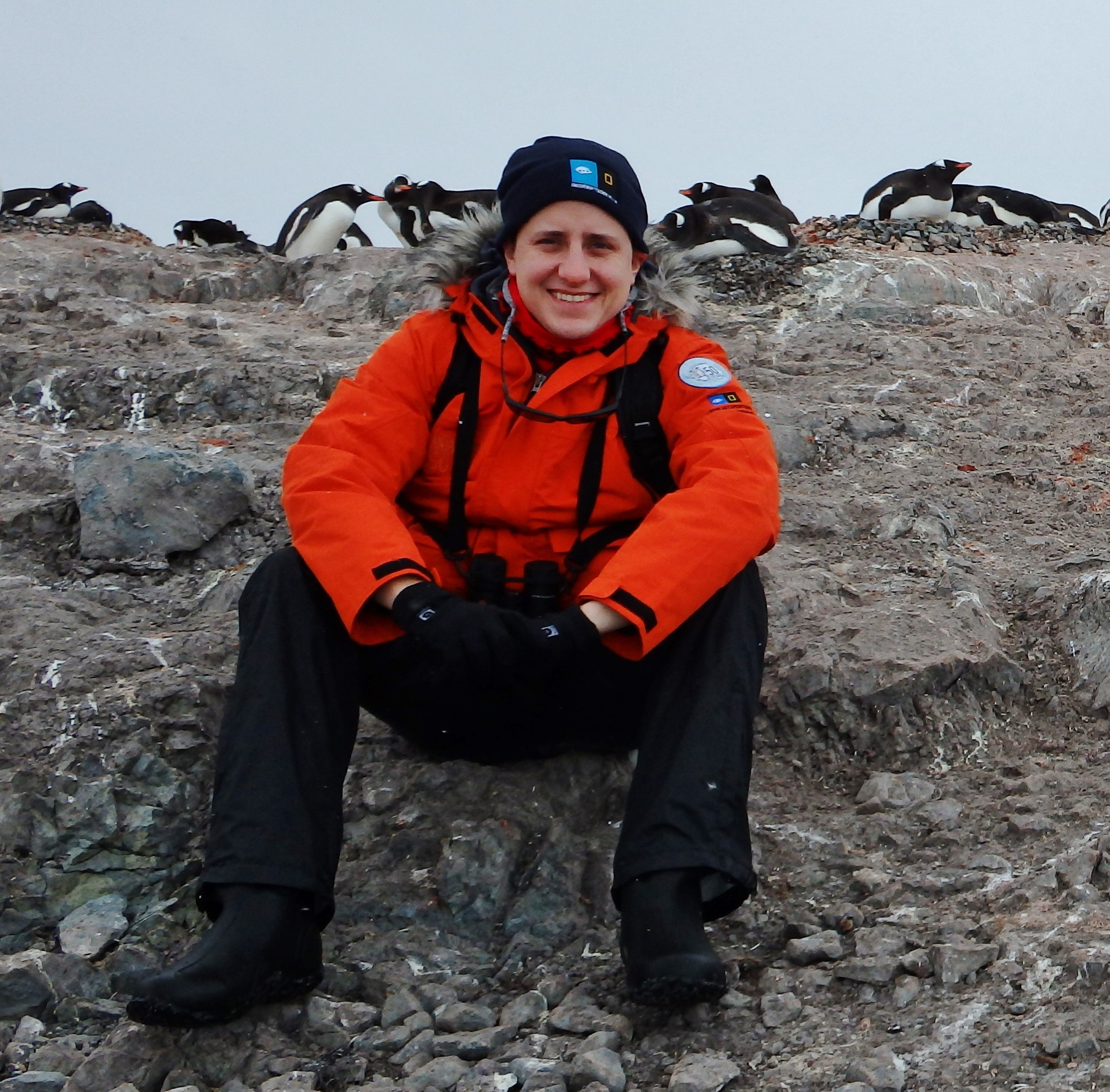David Walker
On-Board Educator

Mr. David Walker grew up in Austin, Texas, and enjoys spending his time playing ice hockey (at least in his youth), hiking, birding, and fly fishing. In his spare time has been slowly backpacking through various parts of the Pacific Crest Trail, a path that spans from Mexico to Canada along the west coast and traveled up to Middlebury, Vermont for college where he majored in molecular biology and biochemistry. He furthered his education at the University of Texas at Austin, where he earned his teaching certification. In the twelve years since graduating, David has taught geobiology and organic chemistry to high school students at the Liberal Arts and Science Academy in Austin, Texas.
_________________________________________________________________________________________________________________

David’s goal for the PUFINS cruise is to learn as much as he possibly can about the production of alkenones (biomolecules) by haptophyte algae from the Holocene period. His interests lie in this area specifically because alkenone paleothermometry lies directly at the interface of the two courses he teaches: geobiology and organic chemistry. Mr. Walker also looks forward to learning about the harvesting of alkenones from deep-sea sediment cores and their analysis for unsaturation to determine past ocean temperatures. By taking part in this research, David is excited to be provided with a wealth of real-world examples of applications of his own course content to take back to his students. Mr. Walker also looks forward to working with other on-board educators to develop classroom activities, labs, and projects based on this expedition.
_________________________________________________________________________________________________________________
Mr. David Walker’s past sea experience involves his participation in the NOAA Teacher at Sea Program in 2015. On this expedition, David assisted with the SEAMAP groundfish, plankton, and hypoxia survey in the Northern Gulf of Mexico. Mr. Walker also served as a Grosvenor Teacher Fellow on a National Geographic Expedition to Antarctica, where he got the chance to cross the infamous Drake Passage. While in Antarctica, Mr. Walker had his most exciting field moment to date: walking with the Adelie penguins in Brown Bluff. Mr. Walker experienced firsthand the amazing network of “penguin highways” created by the frequent defecation of penguins, which absorbs more energy from the sun than the surrounding snow. Over time, this leads to preferential snow and ice melt in areas where penguins commonly walk, creating an amazing navigation network! David traveled along the penguin highways that make travel much easier compaction of snow and ice, allowing for colonies to connect with each other and with the ocean. Mr. Walker was mesmerized by his experience watching the penguins travel on these highways, and observed that each penguin had his or her own agenda and was using the most efficient route to achieve it.
_________________________________________________________________________________________________________________

